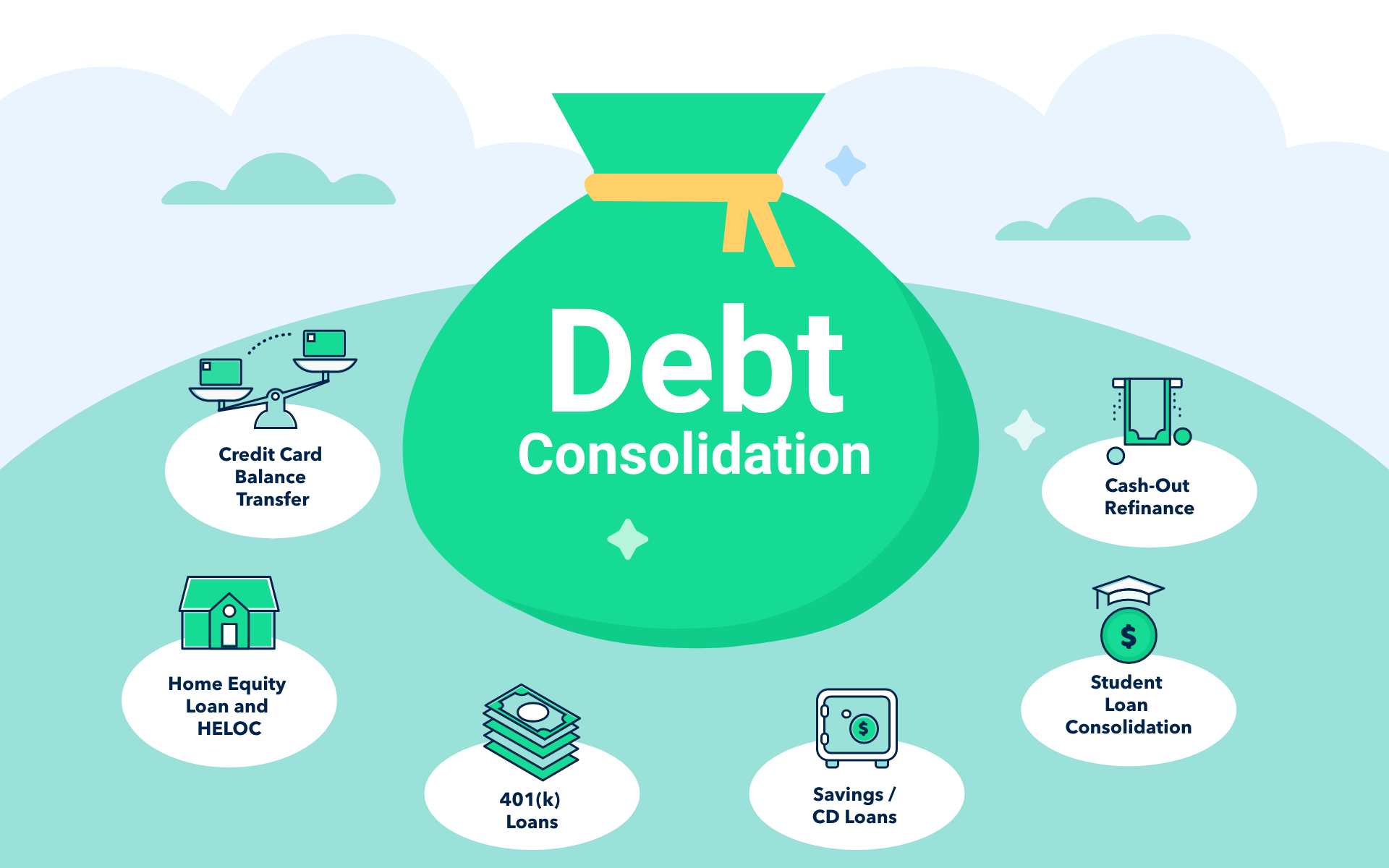Staying on top of debt payments is essential for maintaining financial stability. Whether you're managing credit cards, student loans, mortgages, or other forms of debt, making sure they are paid on time ensures that you avoid late fees, damage to your credit score, and further financial complications. One of the biggest challenges people face is keeping track of all the due dates and managing their finances accordingly. However, with the right planning and tools, you can easily ensure your debts are paid on time. Learning how to make sure debts are paid on time is a crucial step in achieving financial freedom and avoiding stress.
Create a Realistic Budget
The first step in ensuring that your debts are paid on time is to have a solid understanding of your finances. A well-structured budget can help you identify how much you can allocate toward debt payments each month. Start by listing all of your sources of income, as well as your fixed and variable expenses. Fixed expenses include things like rent, utilities, and loan payments, while variable expenses might include groceries, transportation, and entertainment.
Once you have a clear picture of your income and expenses, calculate how much money you have left over each month. This is the amount that can go toward paying off your debt. By categorizing your debts and their due dates, you can ensure that the most urgent debts are paid first. A budget is also useful for identifying areas where you can cut back to free up more funds for debt repayment.
Another helpful budgeting technique is the 50/30/20 rule, which allocates 50% of your income to needs, 30% to wants, and 20% to savings or debt repayment. This simple strategy can help you stay on track while ensuring that you don't fall behind on your financial obligations.
Set Up Automatic Payments
One of the easiest ways to make sure debts are paid on time is to set up automatic payments. Most banks and creditors offer services that allow you to automatically deduct payments from your checking account on a specific date each month. This helps eliminate the risk of forgetting a payment and missing a due date, which could result in fees and a negative impact on your credit score.
When setting up automatic payments, you can choose to pay the minimum balance or the full amount due. However, be cautious of setting up only minimum payments for credit cards, as this will extend the repayment period and cost you more in interest over time. It’s a good idea to check your account regularly to ensure you have enough funds to cover the payment and avoid overdraft fees.
Automatic payments can also apply to your utilities, mortgage, or other essential bills. By automating all of your payments, you can free up time and mental energy, knowing that your financial obligations are taken care of on time each month.
Prioritize Your Debts
Not all debts are created equal. Some debts, like payday loans or credit card debt, may come with higher interest rates than others. To make sure debts are paid on time and effectively, prioritize those that are costing you the most in interest. Focusing on high-interest debts first allows you to pay off more of the principal balance over time rather than just interest, which can ultimately save you money.
One way to prioritize is by using the debt avalanche method. In this strategy, you focus on paying off the highest-interest debt first, while maintaining minimum payments on other debts. Once the highest-interest debt is cleared, you move on to the next one. Alternatively, some people prefer the debt snowball method, which involves paying off the smallest debt first to gain a sense of accomplishment before tackling larger balances.
You should also consider the penalties or legal consequences for missing certain payments. For instance, missing a mortgage payment could lead to foreclosure, while missing a student loan payment could lead to garnished wages. Pay attention to these deadlines to ensure you’re not caught off guard by serious consequences.
Use a Payment Calendar or App
Another effective way to keep track of when your debts are due is by using a payment calendar. Whether you prefer a physical calendar, a spreadsheet, or a mobile app, a payment schedule can help you organize and track your debt repayment.
By entering all due dates and amounts into a calendar or tracking system, you can see when each payment is due and avoid overlooking any bills. Many people find it helpful to set reminders a few days before the due date so they can ensure there’s enough time to make the payment and avoid rushing. Some apps even allow you to sync multiple accounts and display reminders, so you never miss a payment.
Having a detailed payment calendar also helps with long-term financial planning. You can visualize when certain debts will be paid off, which can help motivate you to stay on track and avoid procrastination.
Avoid Accumulating New Debt
If you are already struggling with existing debt, it’s essential to avoid taking on new financial obligations. Adding more debt will only make it harder to keep up with current payments and could lead to further complications. If you need to make large purchases, consider saving for them over time instead of relying on credit cards or loans.
Limiting the use of credit cards can help prevent unnecessary debt accumulation. If you do need to use a credit card, try to pay off the balance in full each month to avoid interest charges. By cutting back on discretionary spending, you can focus more on eliminating existing debt.
If you find it difficult to resist the temptation of new debt, consider using only cash or debit cards for purchases. This can help you stay within your budget and prevent overspending. Additionally, if you have multiple credit cards, try closing some accounts to reduce the temptation to use them.
Seek Professional Help
Sometimes, despite your best efforts, it may be challenging to keep up with debt payments. If this happens, seeking professional help is a smart move. Financial counselors, credit advisors, and debt management companies can provide valuable guidance on how to make sure debts are paid on time.
Credit counselors can help you evaluate your financial situation, create a debt repayment plan, and even negotiate with creditors for lower interest rates or modified payment terms. Debt management programs, which consolidate all your debt into one payment, can also be an option to explore. In extreme cases, a debt settlement company might help reduce the total amount owed through negotiations.
However, it’s important to research and choose reputable professionals. Avoid companies that charge excessive upfront fees or promise quick fixes. Look for non-profit credit counseling services that offer free or low-cost support.
Conclusion
Learning how to make sure debts are paid on time is essential for maintaining good financial health and reducing stress. By creating a budget, setting up automatic payments, prioritizing your debts, staying organized with a payment calendar, and avoiding new debt, you can ensure that your financial obligations are met consistently. If needed, don't hesitate to seek professional help to get your finances back on track. Staying proactive and organized will not only help you avoid missed payments but also put you on the path to financial stability and peace of mind.

